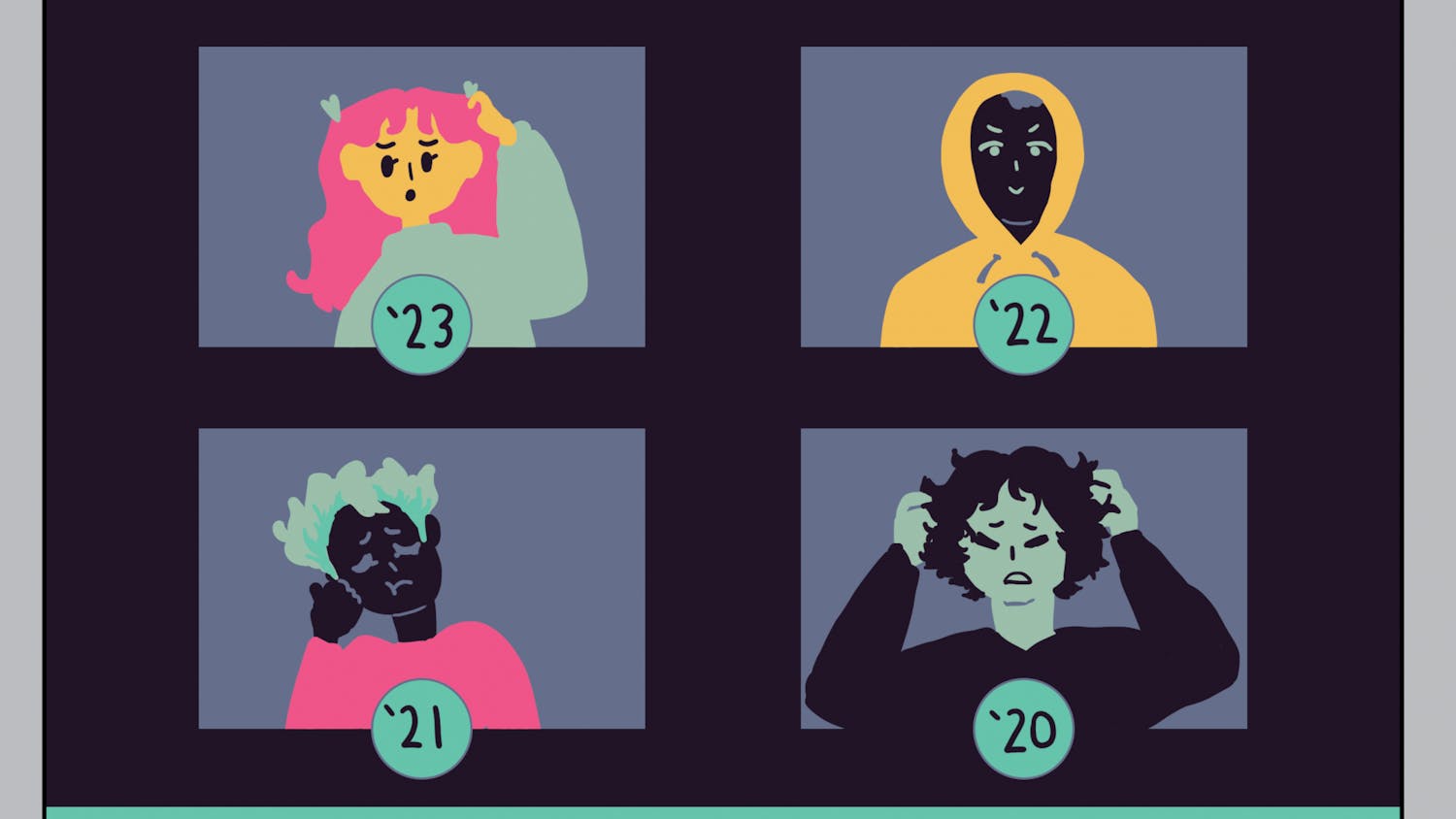Each year, the month of Ramadan provides Muslims with a celebration of faith, community and family. During this year’s Ramadan — which began on April 23 and will run through May 23 — the COVID-19 pandemic has forced many Muslims to search for new ways to spend the holy month.
A number of the Ramadan traditions that Muslim students hold dear have been upended by the pandemic. Some Muslims, including Ameena Razzaque ’21, participate in nighttime Ramadan prayers that sometimes last well over an hour. Razzaque values these prayer sessions because of their role in bringing her community together. But since such public gatherings are no longer possible, Razzaque’s family has been forced to hold their own version of the night prayers at home; instead of being led in prayer by a religious leader with years of training, the role has fallen to Razzaque’s 15-year-old brother.
Though the community aspect of such traditions is mostly absent, this year’s Ramadan experience has some unexpected benefits for Muslim students, especially in regard to their family and faith. For Razzaque, being inside with her family presents an opportunity to grow closer to them and to enrich her religious experience during Ramadan.
“I think that because we’re inside so much, that will give us a certain level of clarity and intimacy with our family,” Razzaque said. “It feels good to be back home again with my family and celebrate Ramadan with them and have amazing food to open my fast with, whereas that wasn’t always the case at Dartmouth.”
For Alayna Kasuri ’22, Ramadan is already the time of year when she feels most in touch with God. However, she believes that the ongoing health crisis and the resulting social isolation will empower her dedication to Ramadan and deepen her faith even further.
“This year, I think I’ll be more into [Ramadan],” Kasuri said. “For myself, I look to God when times are uncertain and when I don’t have any answers. I think it’s easier to overlook religion when you do have answers and you do know where your life is going, and I wouldn’t necessarily say that’s a good thing.”
Razzaque agreed that being inside this Ramadan will increase her ability to focus on her faith.
“The fact that we’re inside means that you have [fewer] distractions, and you feel less tired in the day and can devote that time to your extra prayers or reading more of the Quran,” Razzaque said. “It will bring me closer to God in that I now have a lot of time to myself and I’m not going anywhere.”
For others, spending time inside during the pandemic disrupts their typical relationship with religion. Sirajum Sandhi ’21, who lives near a hospital in Brooklyn that has been hit particularly hard by COVID-19, thinks that their connection to God would be stronger if they didn’t have to spend Ramadan in quarantine.
“I think being outside — especially in nature — would [make] me more aware of some larger energy or God’s presence rather than being stuck in a tiny New York City apartment surrounded by sounds of ambulances passing by,” Sandhi said. “For me to feel that I’m connected to God, I need to be in a space like a mosque where the space is created for you to feel that connection and the sense of peace and calmness that comes with it.”
Despite the challenges they face while celebrating Ramadan this year, Kasuri, Razzaque and Sandhi each believe that this Ramadan will allow them to reflect on the ongoing crisis, the way it has impacted their lives and its impact on others. Like many Dartmouth students, Razzaque has had to drastically change her plans for the next few months due to the pandemic. She thinks that the peace that comes alongside Ramadan will help her accept those changes.
“For me, a lot of uncertainty has come because of the pandemic, and it’s made me reconsider a lot of the things that I’ve been doing,” Razzaque said. “A lot of the opportunities that I had lined up for this spring and summer have been canceled. Having the chance to meditate and reflect upon that this month will mean a little bit of healing for me.”
Similarly, Sandhi believes that Ramadan represents an opportunity to come to terms with the harrowing consequences of the pandemic.
“I think [Ramadan] will help me reconsider the things that are important to me and allow me a space to reflect,” Sandhi said. “We have lost a number of neighbors here in Brooklyn to COVID-19, and I haven’t been able to process that because there’s so much going on. I’m hoping that this Ramadan, I can process all the craziness that has happened.”
The COVID-19 pandemic has turned millions of lives upside down; many have lost family and friends to the virus, and the economic fallout from the pandemic has made it difficult for others to find food and supplies for their families. One of the most important aspects of Ramadan is connecting Muslims with the less fortunate. This year, Kasuri believes that Muslims celebrating Ramadan will feel a unique need to help others.
“Ramadan is … meant to make you feel the pain and to be able to sympathize with what underprivileged people who don’t actually have food [go through],” Kasuri said “Right now, there are people for whom [the choice] is food on the plate or the risk of getting a disease … I think this Ramadan is going to be different because there [are] going to be a lot more donations of food.”
Though celebrating from home has its downsides, this year’s Ramadan offers students a chance to find solace in religion, reflect on the coronavirus crisis and perhaps give back to their communities. As cherished holidays continue to come and go in quarantine, unique circumstances can provide an opportunity to make the most of familiar traditions — not only for oneself, but also for others.



